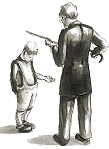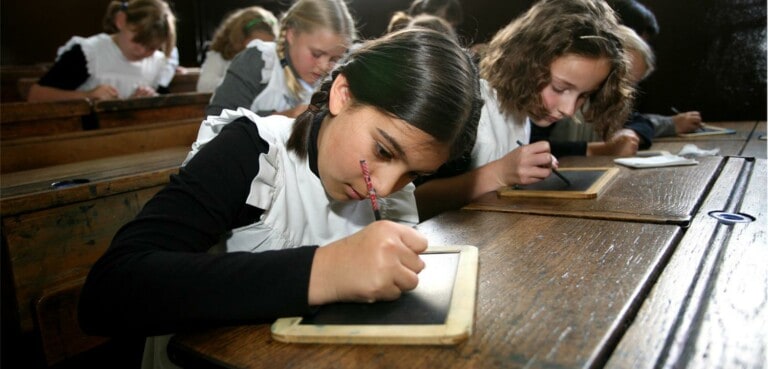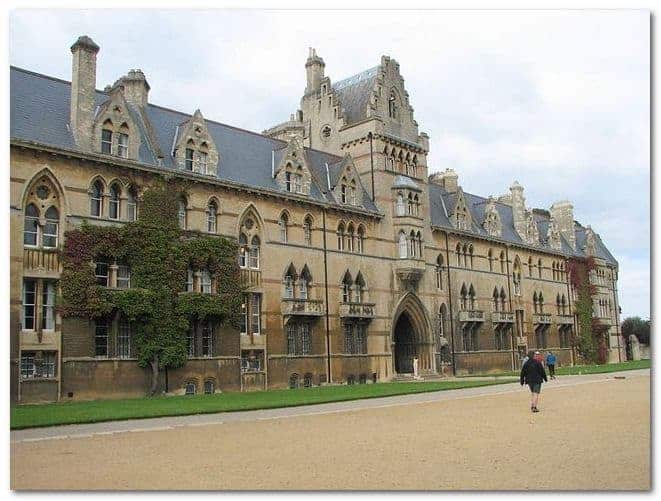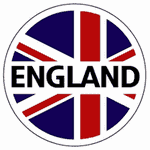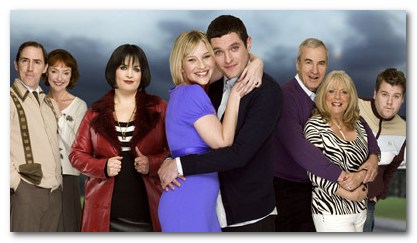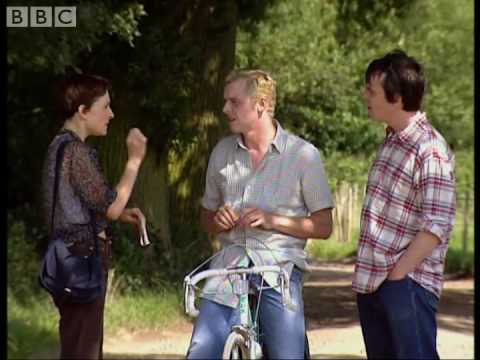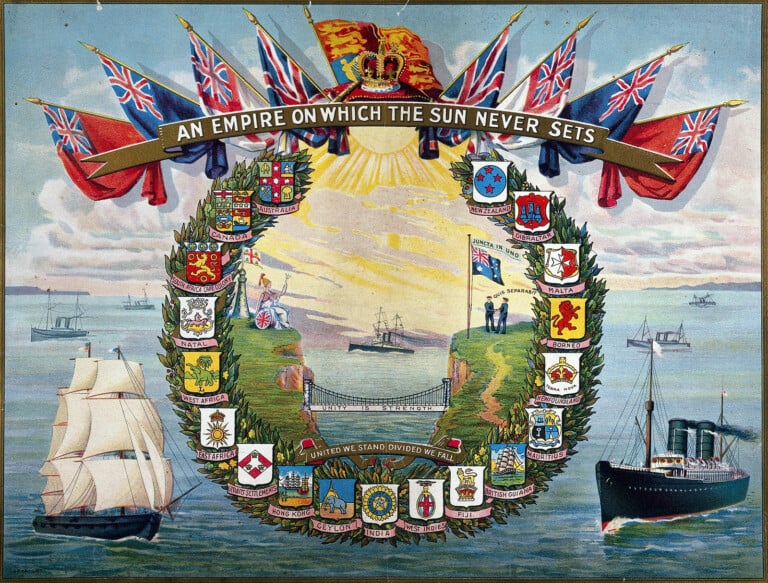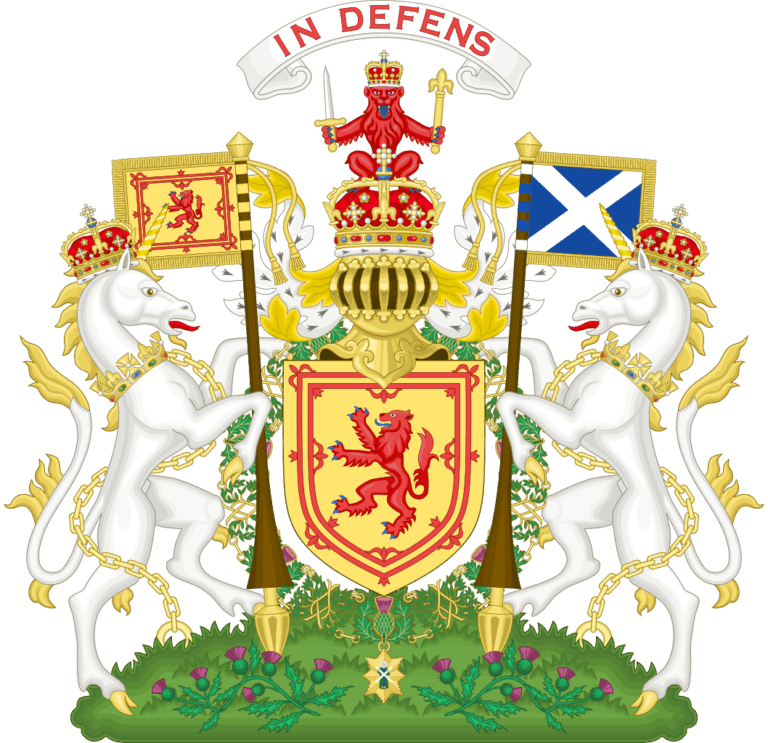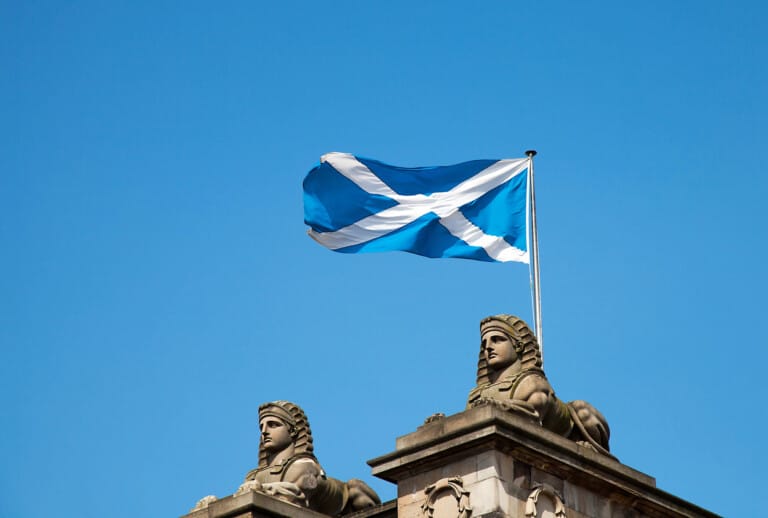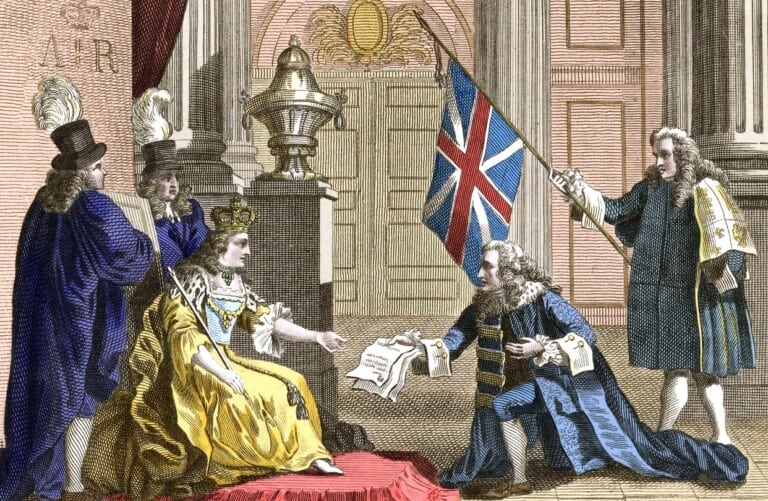Introduction
The Anglo-American World is but colonial. Its present extension is the result of England’s self-affirmation and ambition to become a major world power. Therefore, the words “empire” and “imperialism” describe England’s struggle for national and international sovereignty.
The first consequence of English expansionism was the westward impulse of the Anglo-Saxon element, first into the Celtic periphery of the British Isles, then across the Atlantic and finally into Africa and Australasia.
The second more recent consequence is the emergence in the 20th century of multi-cultural societies both in Britain and in America but also across the British Commonwealth, which is constituted of the former British colonies.
Early English expansionism in the British Isles
The origin of British colonial adventures lies in the early steps taken by English Kings towards the political, economic, and religious integration of the British Isles.
The Anglo-Norman enterprise
In 1066, William, Duke of Normandy, became the master of England. His successors, the Anglo-Norman Kings, tried to increase their authority and international prestige (especially in front of France) by controlling the British Isles (first Ireland and then Wales).
In 1171, the English King Henry II landed in Ireland and was accepted by the Irish Kings as their overlord (=master). During the 13th century, many Anglo-Norman barons settled in Ireland where they were given land by the King. They introduced the French system of feudalism and forced the native Irish to become serfs.
In 1366, the English Parliament prohibited mixed marriages between Irish and Anglo-Norman and Irish laws and customs were abolished in English-controlled areas. The colonization of Ireland had started.
In 1277, Edward I of England invaded Wales after the last Prince of Wales refused to acknowledge his authority. The country soon became part of the English Royal Estate and was re-organized into 5 countries, after the English model. In 1301, the English King became the Prince of Wales.
The Anglo-Normans never managed to conquer Scotland. After a series of unsuccessful invasions, the English were finally forced out in 1314. Scottish independence was secured for 4 centuries.
Lire la suite
